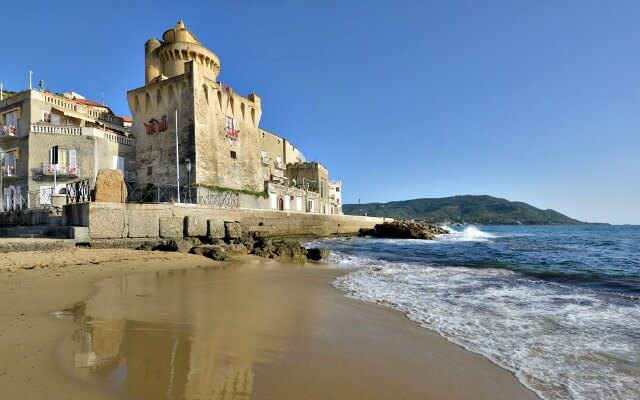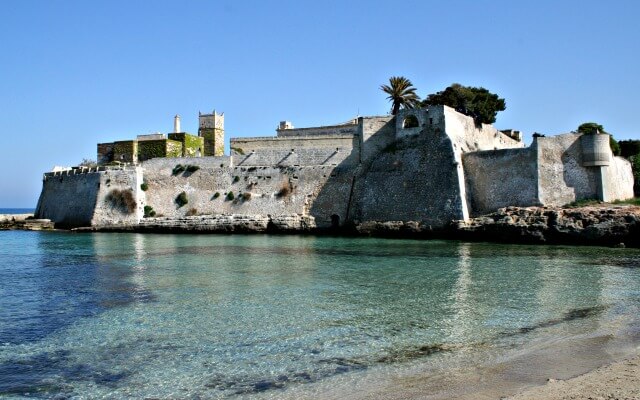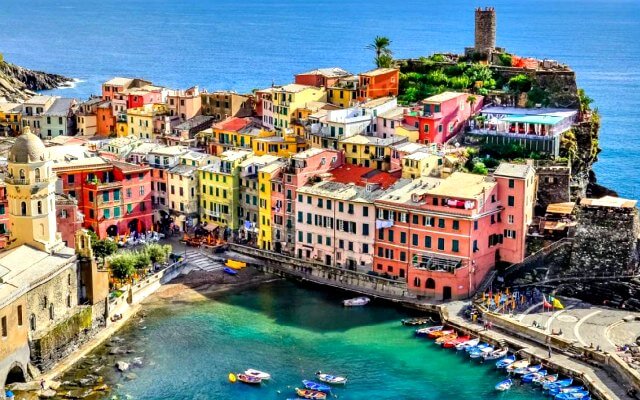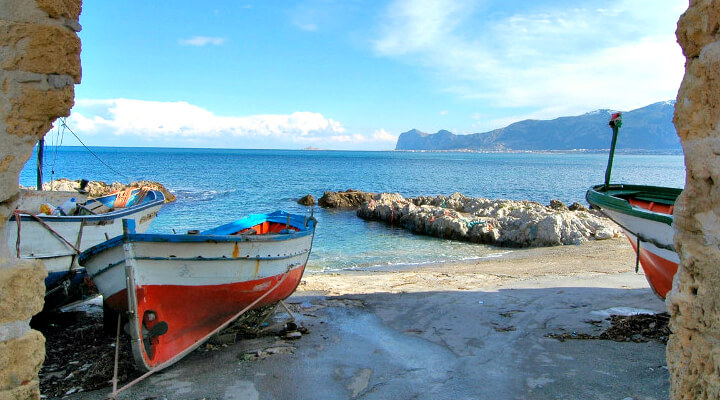Getting married in Italy: Tips to Get You Started

And so you are making plans to have your wedding in Italy: congratulations! Here are a few important tips to get you started.
Nowadays in Italy there are three forms of marriage: civil, religious and provided by the concordat. Unlike other countries, in Italy you would be able to celebrate your D-day into a Catholic church having a civil value, too. This is a special type of marriage, called "matrimonio concordatario": a religious celebration according to the canon law that, after the transcription into the register of births, marriages and deaths, acquires civil effects, too.
Let's see now which kind of bureaucracy you will need to get in through to get married in Italy...
The civil marriage can be performed only by the wedding registrar.
If you are a citizen of Belgium, Luxembourg, Greece, Austria, Holland, Portugal, Spain, Switzerland, Germany or Turkey, you must provide to the registry office of the town you have chosen:
- Certificate of "legal capacity to contract marriage" issued by the Registry Office of the Municipality where you reside (into your home country);
- Birth certificate with mother and father's names issued fulfilling the international form.
If you are a USA citizen, you must provide:
- A sworn statement, submitted by yourself to the American Consul in Italy, showing that, according to the USA law, there is no impediment to contract marriage in Italy (the Consul's signature must be authenticated);
- Attested affidavit provided by 4 witnesses in the presence of an Italian Authority (in Italy: Pretura; abroad: Italian Consul) that, at the instance of yourself, declare that: "According to the law of the United States of America, there is no impediment towards the marriage that: - name and surname, born in..., date..., civil status..., (in case of divorced or widow/widower, specify the effective date), son/daughter of... (father) and... (mother), resident in..., domiciled in... - intends to contract”.
If you are an Australian citizen, you must provide:
- A sworn statement, submitted by yourself to the Australian Consul in Italy, showing that, according to the Australian law, there is no impediment to contract marriage in Italy (the Consul's signature must be authenticated);
- Attested affidavit provided by 4 witnesses in the presence of an Italian Authority (in Italy: Pretura; abroad: Italian Consul) that, at the instance of yourself, declare that: "According to the Australian law, there is no impediment towards the marriage that: - name and surname, born in..., date..., civil status..., (in case of divorced or widow/widower, specify the effective date), son/daughter of... (father) and... (mother), resident in..., domiciled in... - intends to contract”.
If you do not understand Italian, you must have an interpreter to assist you.
The wedding registrar (that officiates the wedding), will have to interview the future newlyweds in order to verify their status and fulfil the so-called Verbal Process: a certificate stating that there is no impediment to contract that marriage.
You will be able to choose the Italian rather than your home country legislation to officiate the marriage agreement.
After the officiation, the Wedding Registrar will post a copy of your marriage certificate to your home town.
The religious marriage can have civil effects only if celebrated into a Catholic Church.
If you are planning to tie the knot into a church, you must meet the parish priest of the place you have previously chosen. You and your partner should provide the correct documentation to the local diocese of the city where you are willing to get married. Every document must have been previously signed by your own diocese. You will have to provide certificate of baptism, confirmation and a certificate of attendance to the pre-wedding course. Once the priest has received the "nulla osta" also from the Italian Diocese, he will be finally able to officiate your marriage.
Only in case you are planning to contract a of marriage provided by the concordat, the priest will have to send the documents got by the Diocese in charge, to the Registry. The wedding registrar will write down the Verbal Process, as per the civil marriage. After the officiation, the priest must deliver the marriage certificate, signed by the couple, to the Registry within 5 days. After a few days, the registrar will authenticate the certificate and deliver (or mail) it to the married couple.
Anyway you must publish the banns 300 days before getting married and pay a stamp duty according to the local law.
Each Municipality has fixed its own fees, so to be sure about the real costs, we strongly suggest to contact them.

 Amalfi Coast
Amalfi Coast Sorrento Coast
Sorrento Coast Tuscany
Tuscany Cilento National Park
Cilento National Park Lake Como
Lake Como Rome and Latium
Rome and Latium Umbria
Umbria Capri and Ischia
Capri and Ischia Venice
Venice Puglia (Apulia)
Puglia (Apulia) Liguria
Liguria Sicily
Sicily Lake Maggiore
Lake Maggiore Lombardy
Lombardy Sardinia
Sardinia Lake Garda
Lake Garda Abruzzo and Marche
Abruzzo and Marche Calabria
Calabria













